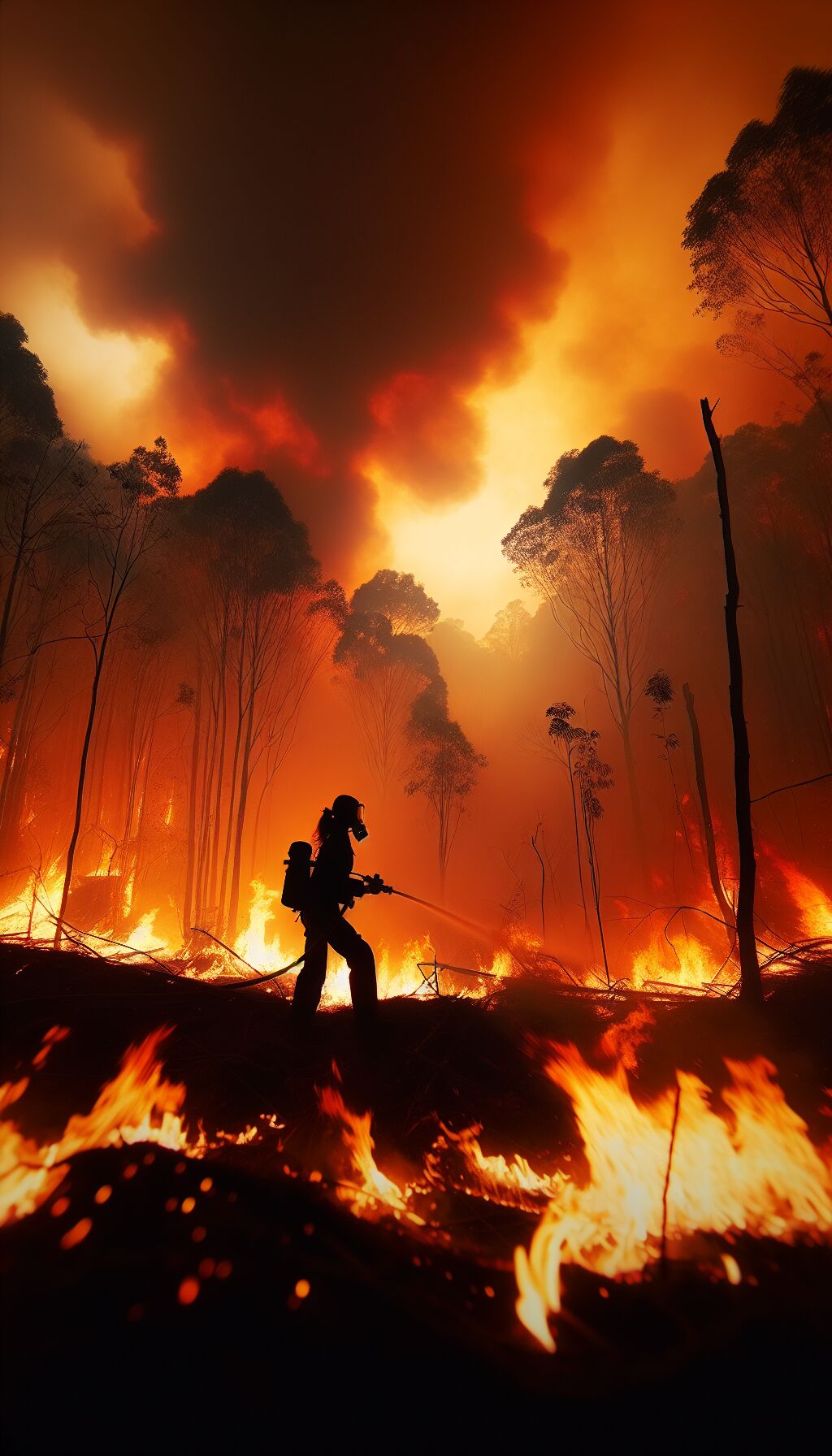California Legislature Under Fire Amid Wildfires
In a tense exchange that captured the ongoing political climate in California, a reporter confronted the state Assembly Speaker Robert Rivas regarding the priorities of lawmakers during a devastating wildfire crisis affecting the Los Angeles region. The situation raises questions about the focus of California’s government amidst pressing environmental crises.
Pressing Questions in the Face of Wildfires
KCRA correspondent Ashley Zavala asked Rivas during a press conference on Thursday if it was appropriate for the legislature to hold a special session dedicated to allocating legal funds to “Trump-proof” the state while wildfires raged nearby. “Is now the right time to have a special legislative session on allocating money to fight Trump in a way that you could already do without a special legislative session?” Zavala pressed.
In response, Rivas emphasized the urgency of addressing the catastrophic wildfires. “I’m here to address these wildfires,” he stated. “This is a historic, historic wildfire… quite possibly some of the worst wildfires in the state and national history.”
Legislative Priorities Under Scrutiny
As Rivas attempted to redirect the discussion back to the fires, Zavala further questioned the timing of the legislative session, emphasizing the concerns of Californians who were anxious about disaster relief and recovery efforts. “While this wildfire is happening… your chamber gaveled into a special legislative session to prepare for Donald Trump in a way that you are already able to do without a special legislative session. So again, is now the right time for that?”
Rivas continued to focus on the disaster response, outlining efforts to support victims and coordinate with first responders. However, he did not directly answer the questions about legislative priorities amidst the ongoing crisis. “Our focus right now… is to provide much-needed relief to Angelenos,” Rivas reiterated. “Our first responders have done unprecedented work to control and contain these fires…”
The Political Landscape: Wildfires and Legal Funds
The scrutiny over legislative priorities comes at a time when California is grappling with its most destructive wildfires on record. The decision to conduct a special legislative session to bolster funds for legal challenges against the Trump administration, initiated by Governor Gavin Newsom shortly after Trump’s electoral victory, has drawn mixed reactions. Newsom’s move was seen as preemptive, aiming to protect California’s interests against potential federal overreach.
Newsom had articulated a vision for California as a bastion of rights and freedoms, declaring, “The Golden State is a tent pole of the country… protecting and investing in rights and freedoms for all people.” In light of Trump’s administration, the governor emphasized the need to be ready to defend these principles. “When there is overreach, when lives are threatened, when rights and freedoms are targeted, we will take action,” he stated.
Trump Administration’s Legal Attacks on California
Between 2017 and 2021, California’s Department of Justice filed 122 lawsuits against policies put in place by the Trump administration, spending approximately million on litigation. These cases often revolved around issues such as immigration policy, healthcare, and environmental regulations. Newsom’s office highlighted the success of one lawsuit that resulted in the federal government being ordered to reimburse California nearly million in public safety grants.
Conversely, the Trump administration only filed a handful of significant lawsuits against California during this period, including challenges to state sanctuary laws and a lawsuit regarding California’s vehicle emissions standards. The relatively limited number of legal actions from Trump’s side stands in contrast to the wide-ranging confrontational approach taken by California lawmakers.
Community Impact Amidst Political Maneuvering
As wildfires continue to engulf vast regions of California, community members are expressing concern about the political priorities that appear to overshadow immediate public safety issues. With thousands of residents displaced and emergency services stretched thin, the urgency for disaster preparedness and response is felt more acutely than ever.
Recent data indicate a dramatic increase in wildfires in California, underscoring the need for both immediate and long-term recovery strategies. Local leaders, community organizations, and first responders are working tirelessly to provide aid, while families of impacted areas voice their fears regarding property loss, health concerns, and overall safety.
A Balancing Act: Politics Versus Public Safety
As California grapples with the devastating effects of wildfires, the juxtaposition against the political backdrop of preparing for potential legal battles with the Trump administration raises critical discussions about priorities. Do public officials have their priorities misaligned, or is this simply the nature of a politically charged environment where each decision has far-reaching implications?
Speaker Rivas’s affirmations of prioritizing wildfire recovery efforts resonate with the ongoing struggles faced by residents affected by the fires. However, the insistence on discussing legal preparations against Trump signals a broader concern that political agendas may overshadow urgent humanitarian needs.
A Call to Action
As California battles both natural disasters and political storms, residents are left witnessing a significant challenge in effective governance. The call for actions that truly prioritize public safety, as opposed to narrow political interests, remains strong among community members and leaders alike.
This moment in California’s history illustrates the need for a cohesive approach where legislative actions offer tangible support for those suffering from natural disasters while establishing safeguards against potential overreach from the federal government. The future of California’s political landscape may depend on finding a delicate balance that addresses both immediate needs and long-term governance challenges.










